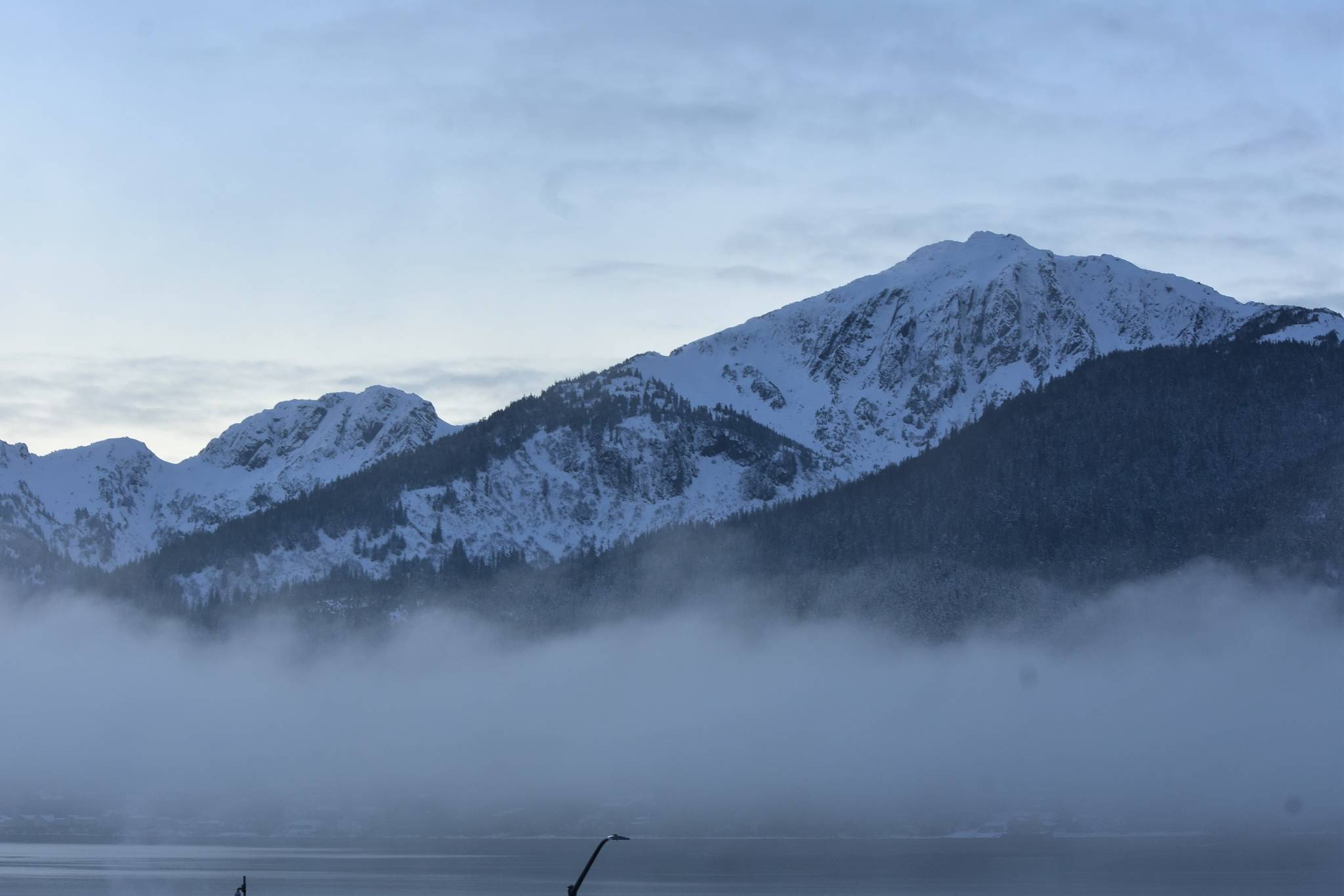The Forest Service violated federal law in 2018 when it approved a $2 million grant to the state of Alaska to develop a state-specific Roadless Rule for the Tongass National Forest, according to the U.S. Department of Agriculture.
In an announcement Friday, USDA’s Office of the Inspector General found the funds granted to the state for input on the Roadless Rule came from a fund typically used to help states prevent wildfires, and the process used in the grant-making process violated federal laws and regulations.
The Tongass was fully exempted from the 2001 Roadless Rule in October, lifting certain environmental regulations on the national forest.
USDA did not immediately respond to request for comment. Forest Service spokesperson for the Tongass National Forest Paul Robbins said he was unable to comment.
In a Dec. 15, 2020 report, OIG found the Forest Service had authority under the National Environmental Policy Act to provide funding to facilitate Alaska’s participation in the state-specific rulemaking process as a cooperating agency, the report’s summary says. However, the processes the Forest Service used to award the $2 million grant to Alaska did not comply with federal laws and regulations, the summary said.
[USDA exempts Tongass National Forest from Roadless Rule]
The Forest Service modified the 1978 Cooperative Forestry Assistance Act, the report says, as Forest Service officials stated that they needed to quickly award this grant to Alaska to facilitate its efforts to develop a state-specific Roadless Rule exemption.
However that act is for federal assistance to state and private forests, not federal forests such as the Tongass, the report says. The Forest Service’s decision to issue this grant by modifying an existing grant did not comply with federal laws and regulations related to competition for discretionary program funding, according to the report, and as a result, OIG found that stakeholders were unaware that federal funding was available for the purposes of this grant.
“(The Forest Service) should not issue funding to Alaska under the August 2018 grant agreement,” the report says.
In an email, Deputy Attorney General Maria Bahr said the state has not completed its review of the report from the Office of the Inspector General.
“The Forest Service, not the State, was the focus of the OIG investigation and report,” Bahr said. “However, the State intends to work with the Forest Service to review and implement the OIG report’s recommendations to continue to ensure grant funds are aligned with program authorities and the intended utilization of federal funds received under this grant.”
According to USDA, Alaska requested full exemption from the Roadless Rule in 2018 under Gov. Bill Walker’s administration. At the time USDA Secretary Sonny Perdue directed the Forest Service to work with Alaska to develop a state-specific Roadless Rule and a memorandum of understanding was signed. The $2 million was to be used in part to develop an advisory committee to be comprised of a diverse mix of organizations and individuals representing state-specific interests, the report said, and to provide Alaska with input during the rulemaking process.
But in September 2019, questions were raised about the legality of that money and an Alaska Public Media report found some of the $2 million had gone to the Alaska Forest Association, a timber industry group. But other stakeholders were not made aware the funds were available, USDA’s report says.
The Alaska Forest Association could not immediately be reached for comment.
But during the review of the Roadless Rule, several tribal governments expressed frustration with federal authorities fully engaging them as cooperating agencies. Six Southeast Alaska Tribes including Central Council Tlingit & Haida Indian Tribes of Alaska, Angoon Community Association, Hoonah Indian Association, Organized Village of Kasaan, Hydaburg Cooperative Association and the Organized Village of Kake issued a joint statement in November 2019 condemning the Forest Service’s proposal to exempt the Tongass. In April, eight tribes sent a letter to Perdue asking that work on the Roadless Rule cease until in-person, suspended during the coronavirus pandemic, could resume.
In a phone interview Friday, Organized Village of Kake President Joel Jackson said he was happy to see attention paid to the issue, as he had referenced it during his testimony to a U.S. House of Representatives subcommittee in November 2019. Jackson testified about his frustrations with the rulemaking process to the subcommittee on National Parks, Forests and Public Lands under the House Natural Resources Committee, chaired by Rep. Deb Haaland, D-New Mexico. Haaland was recently chosen by President-elect Joe Biden to lead the Department of the Interior.
Jackson said he wasn’t quite sure what to make of the report just yet, but would pay attention to it.
[Tribal leaders meet with USDA undersecretary in Juneau, share Roadless Rule frustrations]
Juneau-based environmental group the Southeast Alaska Conservation Council, which is strongly opposed to exempting the Tongass from the Roadless Rule, issued a statement criticizing the rule-making process and accusing the Forest Service of showing preference for the timber industry.
“The Forest Service failing to announce the availability of federal support for participation in the process made it impossible for the six Tribes to compete for the $2 million funding, effectively prioritizing the logging industry’s participation over that of Tribal governments,” SEACC said in a statement.
In its report, USDA recommends the Forest Service work with the Office of the General Counsel to develop and implement a plan to use the funding in compliance with federal laws and regulations, and pending the OGC’s review, cease all payments related to this grant.
Read the full report below:

